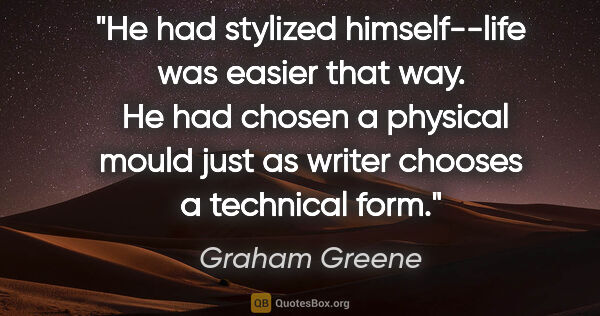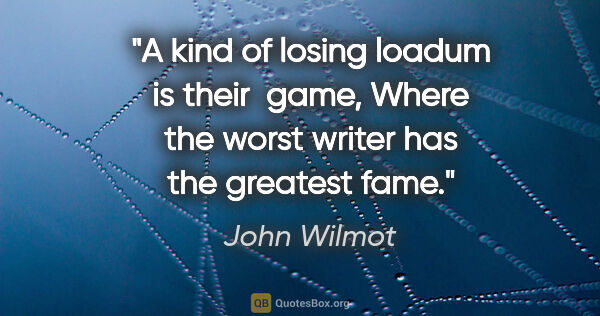Writers Quotes (page 78)
I‘ve always agreed with the view that — with science fiction — its predictive powers were the least important or least relevant aspect of its public profile. I always loved stuff like Orwell‘s 1984, where he explicitly said “It‘s 1948, reversed.” I liked writers that were doing allegorical, satirical, fantastical versions of everyday life.
Jonathan Lethem
All they're trying to do is tell you what they're like, and what you're like—what's going on—what the weather is now, today, this moment, the rain, the sunlight, look! Open your eyes; listen, listen. That is what the novelists say. But they don't tell you what you will see and hear. All they can tell you is what they have seen and heard, in their time in this world, a third of it spent in sleep and dreaming, another third of it spent in telling lies. “The truth against the world!”—Yes....
Ursula K. Le Guin
Children don t read to find their identity to free themselves from guilt to quench the thirst for rebellion or to get rid of alienation. They have no use for psychology.... They still believe in God the family angels devils witches goblins logic clarity punctuation and other such obsolete stuff.... When a book is boring they yawn openly. They don t expect their writer to redeem humanity but leave to adults such childish illusions.
Isaac Bashevis Singer
Over time, I have come to see the work of literature less as narrating the world than "seeing the world with words."From the moment he begins to use words like colors in a painting, a writer can begin to see how wondrous and surprising the world is, and he breaks the bones of language to find his own voice. For this he needs paper, a pen, and the optimism of a child looking at the world for the first time.
Orhan Pamuk

Good writing, and this is especially important in a subject such as economics, must also involve the reader in the matter at hand. It is not enough to explain. The images that are in the mind of the writer must be made to reappear in the mind of the reader, and it is the absence of this ability that causes much economic writing to be condemned, quite properly, as abstract.
John Kenneth Galbraith
...the values ascribed to the Indian will depend on what the white writer feels about Nature, and America has always had mixed feelings about that. At one end of the spectrum is Thoreau, wishing to immerse himself in swamps for the positive vibrations; at the other end is Benjamin Franklin, who didn't like Nature. [p.91]
Margaret Atwood



